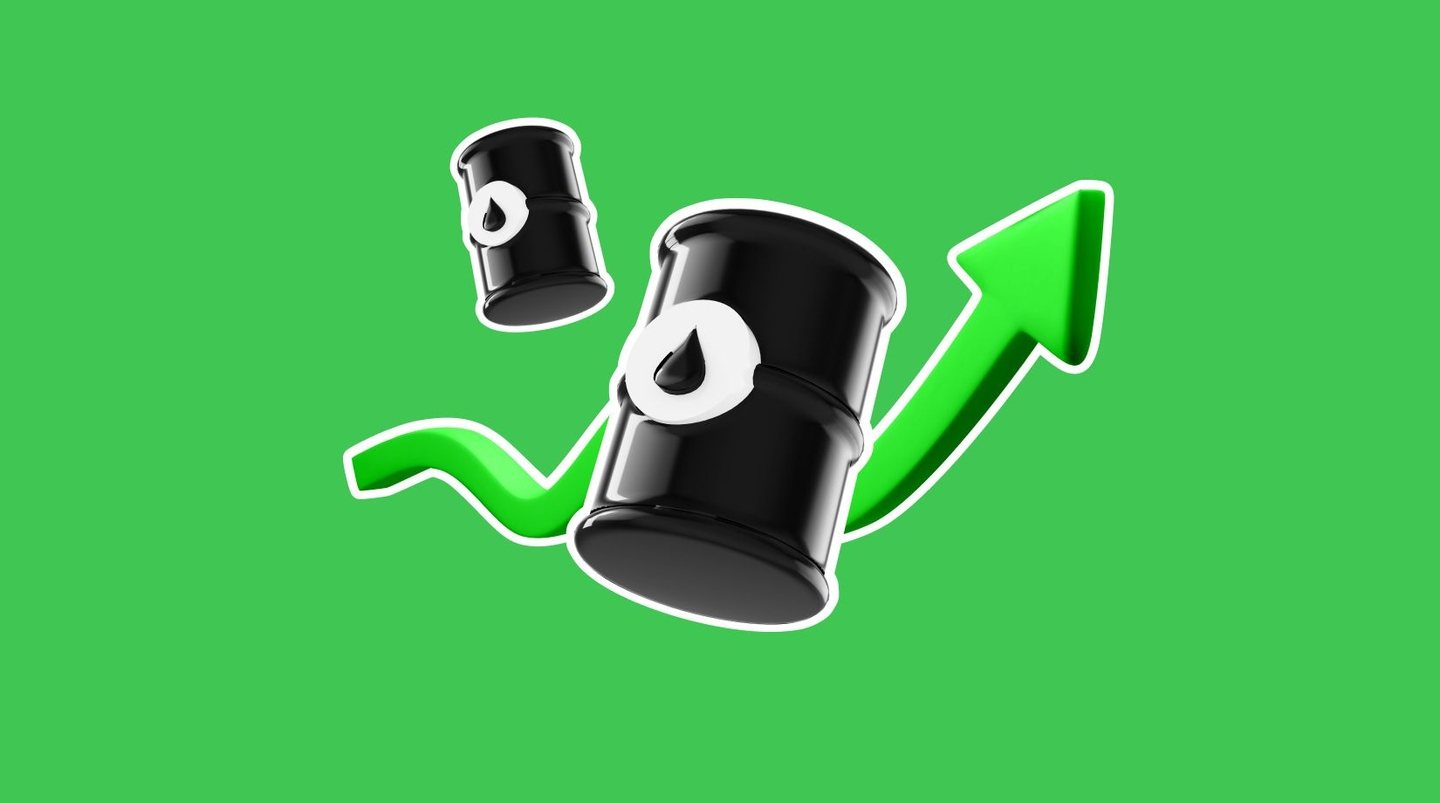As a relief for stock investors, the PCE Price Index growth is at its lowest point in over a year. The PCE Price Index read 0.2%, which is lower than expectations and the weakest since December 2022. In addition, the Employment Cost Index has also been reduced from 1.2% to 1.0%, which is lower than expected. Again, this is positive for inflation, as higher salaries can increase demand and inflation. As economic data point towards lower inflation and salaries, stocks rose, and the US Dollar declined.
The US Dollar Index is an index that measures the US Dollar’s value against six currencies and therefore gives a stronger indication of the currency’s price condition. Even though some exchange rates saw a considerable decline on Friday, the index indicates the decline is more likely to be a retracement. The price of the index remains above 101.5 and previous breakout levels. In the morning, the index has risen by 101.75. The index uses the following currencies and “weights”:
- Euro 57.6%
- Japanese Yen 13.6%
- Pound 11.9%
- Canadian Dollar 9.1%
- Swedish Króna 4.2%
- Swiss Franc 3.6%
The price of Crude Oil is experiencing a robust impulse wave, pushing the price higher this morning. The price action is mainly due to the data from China earlier this morning indicating growth in the manufacturing sector. The Chinese Manufacturing PMI rose from 49.0 to 49.3 instead of declining to 48.8. However, a “bullish” indication would need to be above 50.0. China is the largest importer of Oil and is also an indication of the global demand level. As a result, positive Chinese Data can support the prices of Oil.
The price of Crude Oil has risen to a new high and is forming its sixth consecutive bullish candlestick. Investors are concerned that higher energy prices will trigger a “sticker” inflation rate or, even worse, higher inflation. This can support the US Dollar, as it did in 2022 and trigger another significant stock market decline. Economists are advising if the Federal Reserve is forced to hike interest rates to 6% and inflation is not at its 2% target, a recession is almost inevitable. For this reason, investors are closely watching the bullish trend of crude oil prices.
DAX
The DAX experienced a considerable upward trend towards the end of next week due to lower German inflation. This morning, the instrument continued its upward trend and renewed its all-time high. So far this year, the German DAX has risen by over 17% but is declining as investors cash in profits. Due to this, the price since the opening of the European trading session has been corrected back to the previous breakout level. Nonetheless, the price action continues to form a bullish trend pattern.

As discussed over the past week, the German economy remains in recession and may negatively impact the stock market. However, the DAX is supported by the global trend and investor sentiment towards the stock market. In addition, investors are jumping onto the wagon due to better-than-expected earnings and the possibility of no further rate hikes. Economists advise that if interest rates change, the market’s pricing will be essentially wrong.
The latest earning reports from Mercedes and Volkswagen supported the DAX. Mercedes’s earnings per share of 3.34 Euros were higher than the expected 3.16 Euros, but quarterly revenue failed to beat analysts' forecast of 38.67 billion Euros. At the same time, Volkswagen saw higher revenue but lower earnings per share. Nonetheless, both stocks have risen since the earnings.
This morning’s inflation data is pressuring the DAX, but investors are questioning whether it will cause a significant decline. The EU’s inflation rate read 5.3%, as expected, but core inflation data did not decline. As a result, investors continue to fear there is a possibility that the ECB may hike this year. Nonetheless, investors remain unconvinced the ECB will hike. For a significant indication from the technical analysis that the price will decline, traders will focus on a decline below 16,426 Euros.
Summary:
- The PCE Price Index growth is at its lowest point over a year. The PCE Price Index read 0.2%, which is lower than expectations and the weakest since December 2022
- Economic data points towards lower inflation and salaries in the US, but investors are concerned about the prices of Crude Oil.
- Mercedes and Volkswagen experience mixed earnings data, but both stocks rise. However, the German DAX is experiencing pressure from high EU inflation.
- For a significant indication from the technical analysis that the price will decline, traders will focus on a decline below 16,426 Euros.


